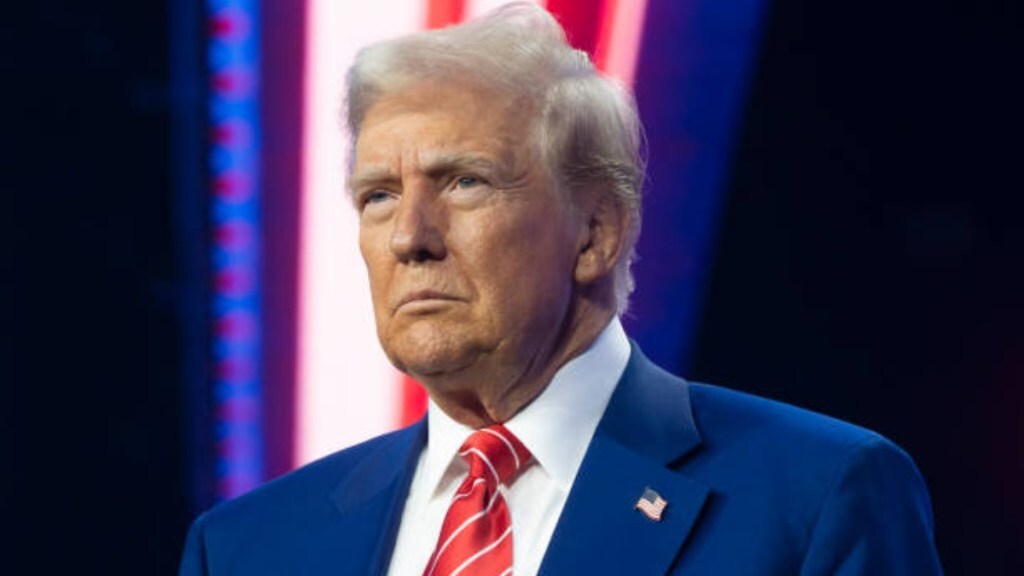A New York judge overseeing President-elect Donald Trump’s hush money case has scheduled sentencing for January 10, ten days before his inauguration, while signaling he is unlikely to impose jail time. Judge Juan Merchan stated Trump, the first former U.S. president convicted of a crime, may appear for sentencing either in person or virtually.
In an 18-page decision, Merchan upheld Trump’s conviction by a New York jury, rejecting defense motions to dismiss the case. He indicated that rather than incarceration, he favored an unconditional discharge, which would impose no additional conditions on Trump. This outcome would see Trump assuming the presidency as a convicted felon.
Although Trump, 78, faced a potential sentence of up to four years in prison, legal analysts had long doubted he would serve jail time, even before his November election victory. Merchan confirmed this by stating it was not “practicable” to impose incarceration, a view shared by prosecutors.
Trump criticized the ruling on his social media platform, Truth Social, calling it a “rigged charade” and labeling Merchan a “radical partisan.” He argued the decision violated constitutional principles and threatened the institution of the presidency.
The conviction stems from Trump’s May 2024 trial, where he was found guilty of falsifying business records to conceal a hush money payment to adult film star Stormy Daniels. The payment was allegedly made to suppress details of a 2006 affair ahead of the 2016 election. Trump’s legal team sought to dismiss the case, citing a Supreme Court ruling granting immunity to former presidents for official acts during their tenure. However, Merchan rejected this defense, noting such immunity would apply only after Trump is sworn in.
“Recognizing that Presidential immunity will likely attach once Defendant takes his Oath of Office, it is incumbent upon this Court to impose sentencing before January 20, 2025,” Merchan wrote.
Trump’s spokesperson, Steven Cheung, called the decision a “direct violation” of established legal precedents, arguing the case should be dismissed to allow Trump to focus on the presidential transition. Cheung pledged continued legal challenges, vowing to fight what he described as baseless “witch hunts.”
Meanwhile, two federal cases against Trump, involving allegations of election interference and mishandling classified documents, were dropped due to a Department of Justice policy barring the prosecution of sitting presidents. A racketeering case in Georgia, related to the 2020 election, is also expected to be paused during Trump’s presidency.
With inputs from AP


